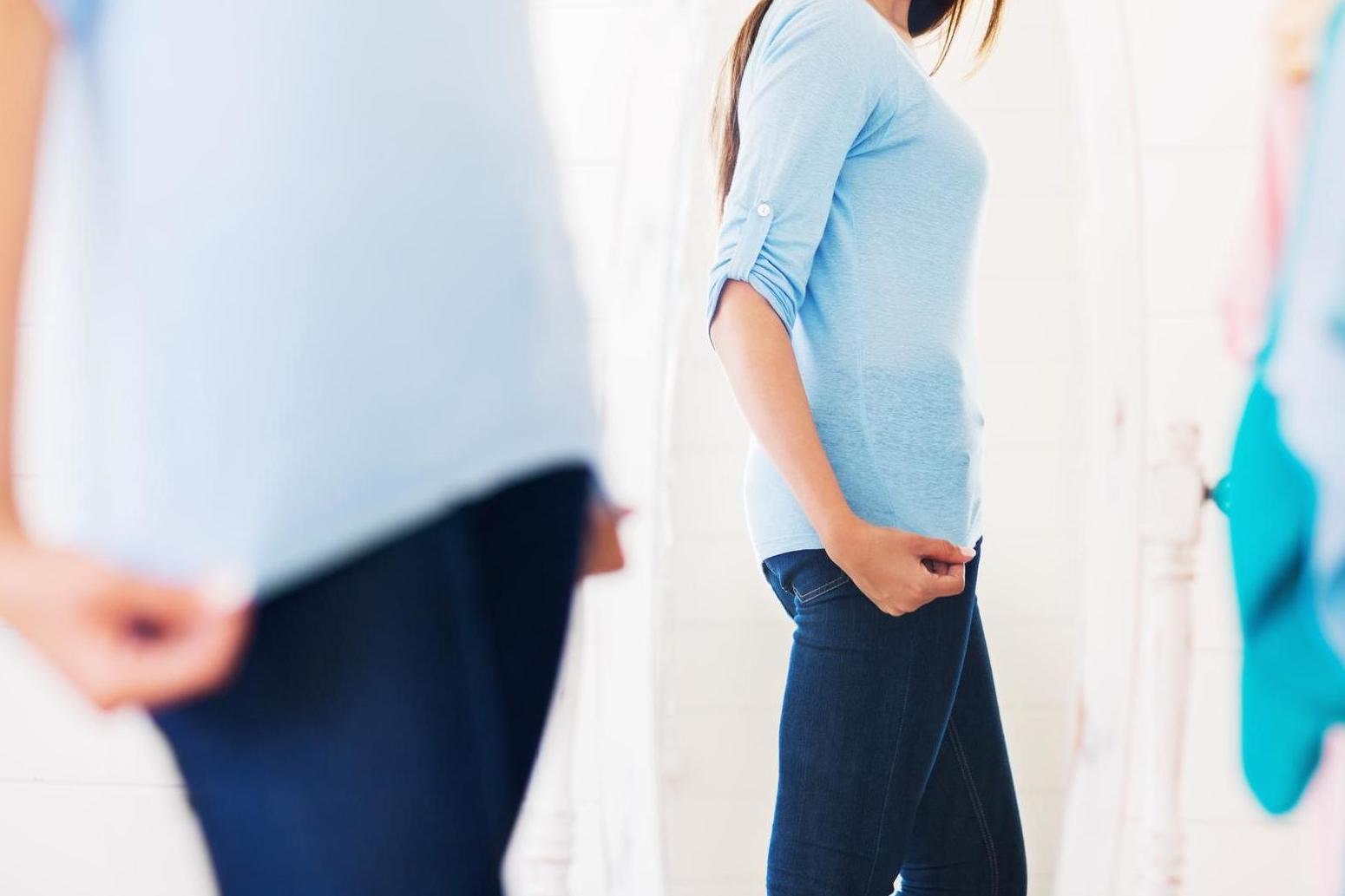Celebrity fat-shaming is even more dangerous than you may think – and science proves it
These articles could be influencing our behaviour in ways we don’t even know, long after we’ve closed our tabs or logged out, which makes them even harder to pinpoint when it comes to our mental health


Your support helps us to tell the story
From reproductive rights to climate change to Big Tech, The Independent is on the ground when the story is developing. Whether it's investigating the financials of Elon Musk's pro-Trump PAC or producing our latest documentary, 'The A Word', which shines a light on the American women fighting for reproductive rights, we know how important it is to parse out the facts from the messaging.
At such a critical moment in US history, we need reporters on the ground. Your donation allows us to keep sending journalists to speak to both sides of the story.
The Independent is trusted by Americans across the entire political spectrum. And unlike many other quality news outlets, we choose not to lock Americans out of our reporting and analysis with paywalls. We believe quality journalism should be available to everyone, paid for by those who can afford it.
Your support makes all the difference.Each of us has a unique relationship with fat. Slim people are consistently lauded for avoiding it, bigger people are shamed for embodying it, and everyone else seems to spend their life trying to walk a fine line and be an acceptable distance away from it. Fat, and our perception of it in relation to ourselves, affects us more than we might think. And so does the public fat-shaming of celebrities.
When we witness the widespread mocking or criticism of a woman’s weight on social media or in the mainstream press, we tend to turn that shame and loathing inwards, by critiquing our own weight and making ourselves feel bad about our own bodies. These are the findings of a recent study by psychologists at McGill University, published in the Personality and Psychology Bulletin.
Researchers compared female participants’ attitudes to their own body with “cultural messages” related to weight, analysing 20 cases of celebrity fat-shaming in the media. They looked at the women’s anti-fat attitudes two weeks before and two weeks after each celebrity fat-shaming event and found that after these instances of fat-shaming, the women had negative weight-related attitudes that are “implicit” – so, essentially subconscious. The study also found that the more “notorious” the celebrity fat-shaming incident, the greater the spike in a woman’s negative attitudes about their own weight.
Some of the celebrity fat-shaming cases include Tyra Banks being globally critiqued for wearing a bathing suit on vacation in 2007, and Kourtney Kardashian being fat-shamed by her husband Scott Disick in 2014 for not returning to her pre-baby body quickly enough after the birth of her child.
As the researchers noted, the fact that women are unconsciously internalising negative attitudes about their own body after consuming fat-shaming media, is particularly worrying. “These cultural messages appeared to augment women's gut-level feeling that 'thin' is good and 'fat' is bad," says Jennifer Bartz, one of the study authors in a statement. "These media messages can leave a private trace in people's' minds.
So these implicit attitudes could be influencing our behaviour in ways we don’t even know, long after we’ve closed our tabs or logged out, which makes them even harder to pinpoint when it comes to how they could affect our mental health.
Although the researchers didn’t link an increase in implicit weight bias to specific negative incidents in the real world with their data, there’s plenty of other research which links eating disorders with body-shaming. One 2018 study of university students in the US found that those who were body-shamed were more likely to suffer from depression. And in the UK alone, eating disorder charity BEAT estimates that around 1.25 million people suffer from an eating disorder, with 75 per cent of them being female.
When I think of how I really feel after idly scrolling through a certain sidebar of shame (I do this daily), or stalking my favourite Insta-girls in their bikinis (at least twice a week) – it’s never actually good. More often that not, I feel ashamed and inadequate. We live in a culture obsessed with policing women’s bodies, and I really don’t want to worsen that, but each time I click on a story about the weight gain of an former Love Island star, or view a tweet about the someone’s secret butt job, I know that I’m making things worse. Not just for society, but for myself, too.
Now we have research which proves the widespread denigration of celebrity physiques can cause us to internalise negative thoughts and feelings about our own bodies. Yet, I know that next time I witness a click-baity story on my timeline, it will be hard to let common sense prevail over those innate feelings of curiosity and craving. But if I want to encourage a seismic shift in the way we view and treat women’s bodies, blocking harmful media sites or muting negative feeds and pages is the first step. We all deserve a more positive relationship with fat.
Join our commenting forum
Join thought-provoking conversations, follow other Independent readers and see their replies
Comments